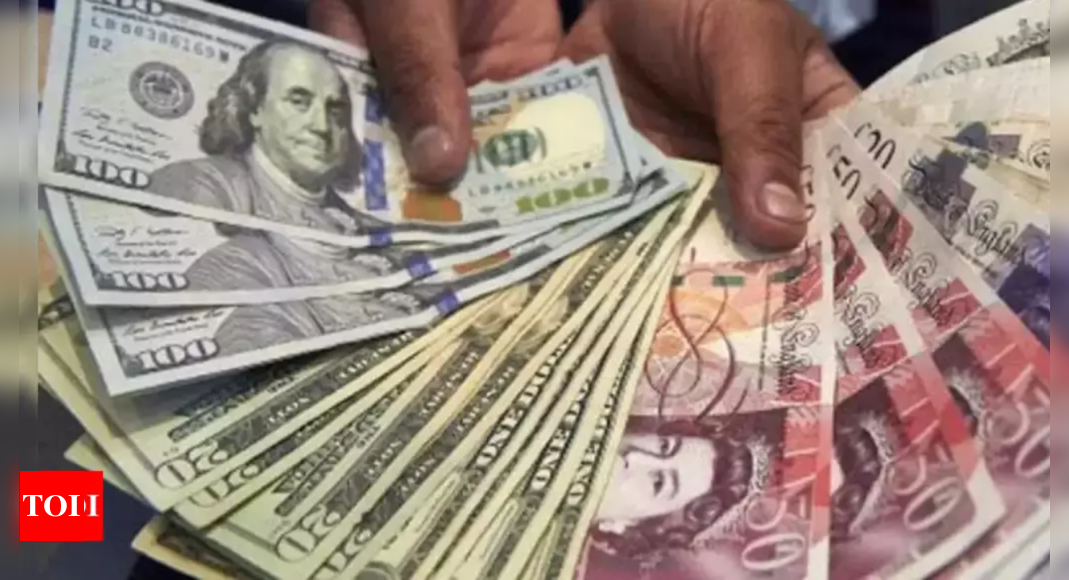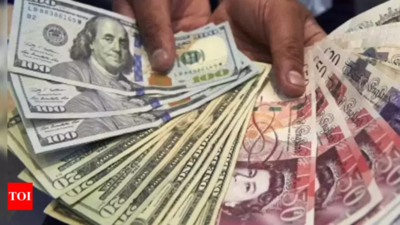

NEW DELHI: India’s foreign exchange reserves increased by $1.51 billion to $658.09 billion in the week ending November 29, the Reserve Bank of India (RBI) reported on Friday. This marks the first rise in nine weeks, recovering from a five-month low.
The reserves had previously declined by a cumulative $48.3 billion over eight consecutive weeks. In the prior week, they dropped by $1.31 billion, following a significant decrease of $17.76 billion earlier. The reserves had peaked at $704.88 billion at the end of September.
The latest rise is mainly due to a $2.06 billion increase in foreign currency assets, which now stand at $568.85 billion. These assets are influenced by exchange rate fluctuations of non-US currencies such as the euro, pound, and yen. However, the growth was partially offset by a $595 million decline in gold reserves, which now total $66.98 billion. Special Drawing Rights (SDRs) increased by $22 million to $18.01 billion, while India’s reserve position with the international monetary fund rose by $22 million to $4.25 billion.
The RBI uses foreign exchange reserves to manage market volatility and stabilize the rupee. Governor Shaktikanta Das stressed the importance of these reserves, saying, “Foreign exchange reserves are deployed judiciously to mitigate undue volatility, maintain market confidence, anchor expectations, and preserve overall financial stability.” He added that the reserve levels remain “quite robust.”
During the reporting week, the rupee weakened slightly against the dollar, closing at 84.69. This marked its fifth consecutive weekly decline and included a record low of 84.76 during the week.







